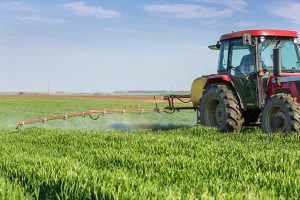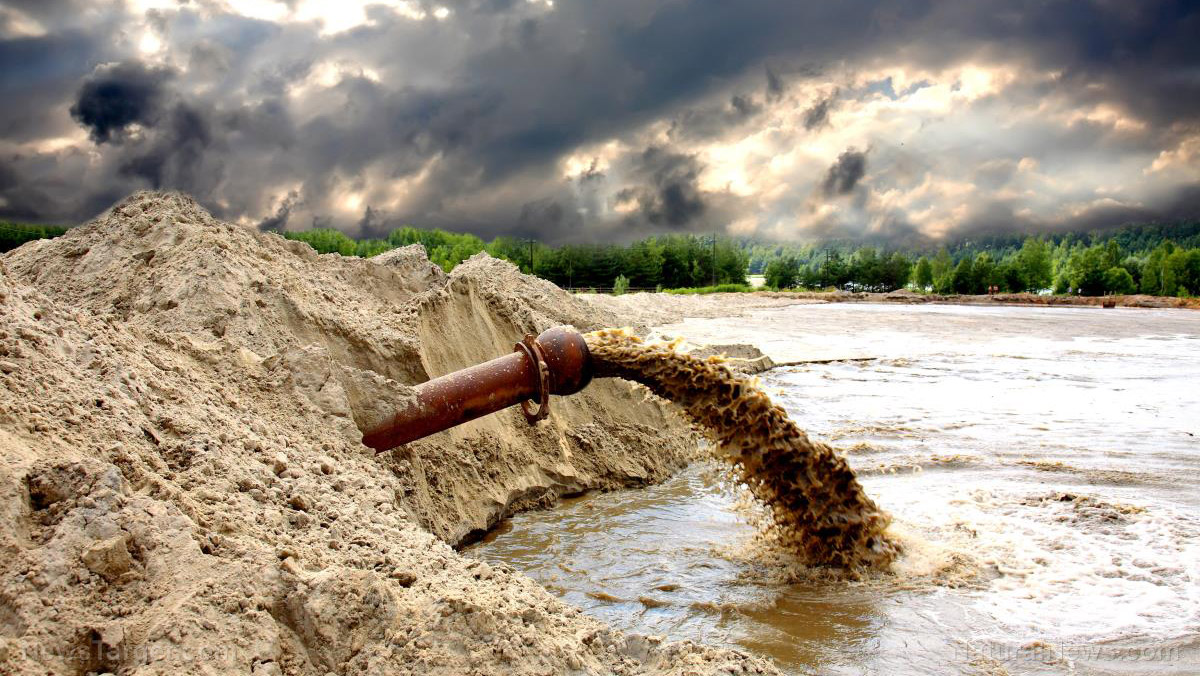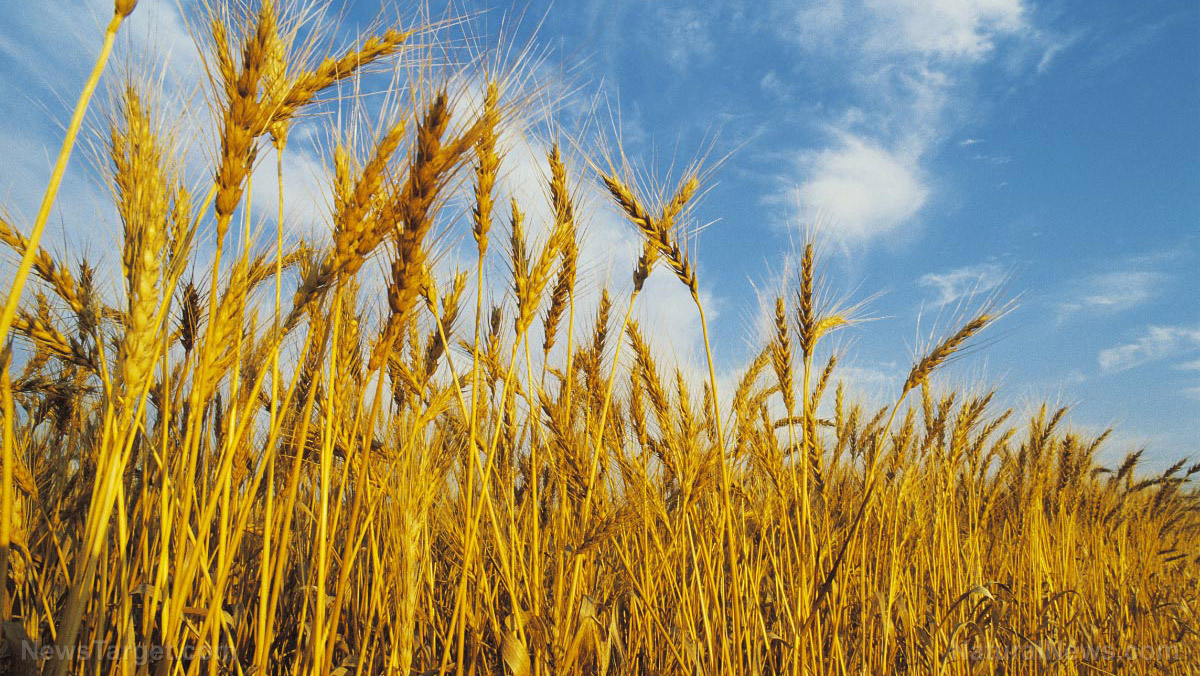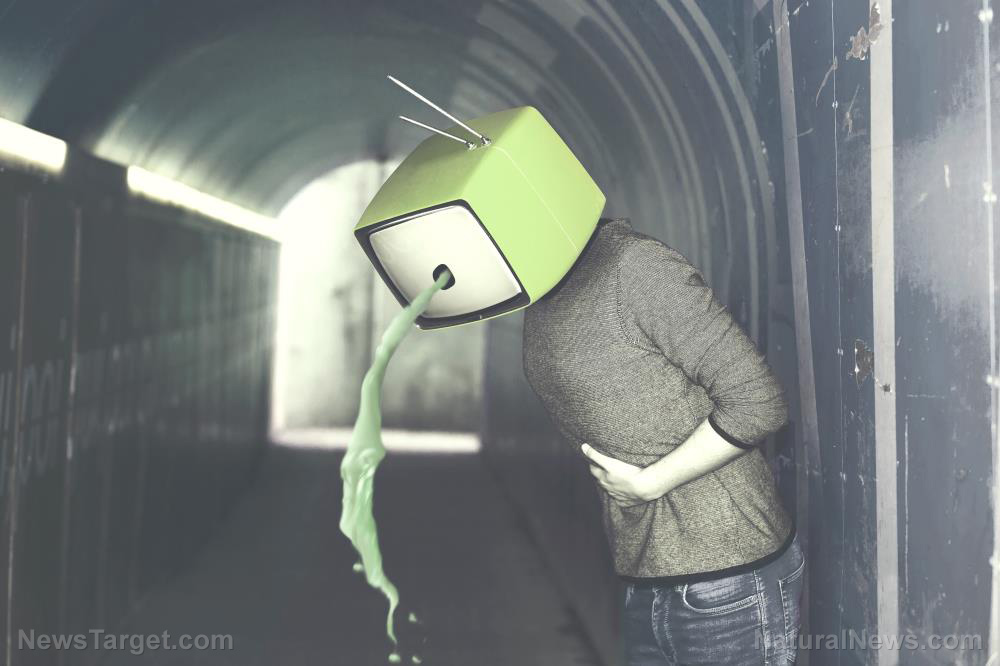Copper oxychloride — toxicity, side effects, diseases and environmental impacts
12/05/2017 / By Jhoanna Robinson
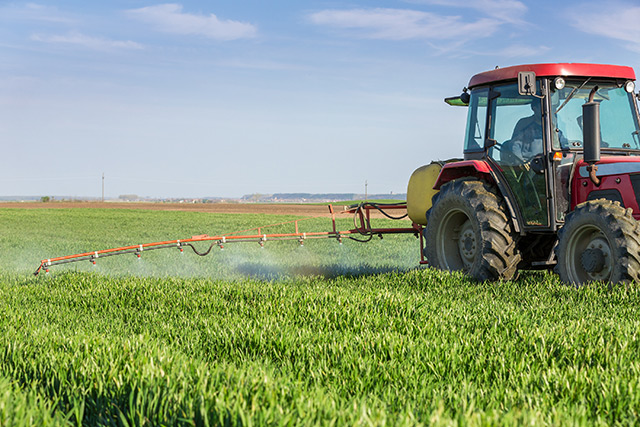
Copper oxychloride is an agricultural fungicide and bactericide used as a foliar spray. Since copper oxychloride is an organic copper compound, it manifests greater systemic toxicity than inorganic compounds.
Copper oxychloride has the chemical formula Cu2(OH)3Cl and is more correctly termed as dicopper chloride trihydroxide or sometimes basic copper chloride. It will react with a base to precipitate copper hydroxide. It is a greenish powder that holds a blue-to-greenish flame color, provided that sodium and/or potassium contaminants are removed from the end product.
You can synthesize copper oxychloride by adding an excess of a dilute solution of sodium bicarbonate, sodium hydroxide, or ammonia to an acidic solution of copper chloride without stirring; this is essential as stirring may cause the dissoultion of the product in the surrounding acidic medium and the subsequent loss of the hydroxide ions.
A second pathway marks the oxygenation of a non-acidic solution of copper chloride and sodium chloride.
List of known side effects
Copper oxychloride is bad for the mucous membranes. Large doses of copper oxychloride may retard the growth of plants. It is also extremely toxic to bees, birds, fish, and invertebrates.
Body systems affected by copper oxychloride
Copper oxychloride is bad for the ocular system. It can corrosion of the cornea.
Copper oxychloride is bad for the circulatory system. It can cause the rupturing of blood cells, thereby resulting in circulatory collapse and shock.
Copper oxychloride is bad for the excretory system. A reduction in liver weight has been detected in people who have been exposed to the compound, which is usually indicative of organ failure.
Copper oxychloride is bad for the male reproductive system. It can cause damage to the male reproductive organ, specifically testicular atrophy.
Items that can contain copper oxychloride
Aside from being a fungicide and a bactericide, copper oxychloride is also used as a blue or green coloring agent in pyrotechnics. It also serves as a catalyst for various reactions, such as the manufacture of vinyl chloride.
How to avoid copper oxychloride
Always remember to wear protective clothing whenever handling this substance. The protective materials include cotton overalls, boots, face shield, safety goggles, PVC gloves, and washable hat.
Where to learn more
- Honey and water mixture may be a powerful weapon against hospital infections and deadly superbugs
- Cashew: A disease-destroying, bacteria-blasting supernut
- Exposure to common fungicide causes neurological problems across four generations
- Fungicide chemicals found to produce autism-like symptoms in animal studies, causing inflammation of the nervous system
- No more toxic fungicide: Oregano essential oil protects corn crops from fungal infections
Summary
Copper oxychloride is an agricultural fungicide and bactericide used as a foliar spray.
Copper oxychloride is bad for the ocular, circulatory, excretory, and the male reproductive systems.
Aside from being a fungicide and a bactericide, copper oxychloride is also used as a blue or green coloring agent in pyrotechnics.
Sources include:
Tagged Under: copper oxychloride

